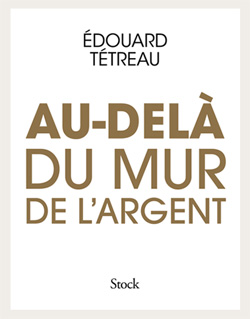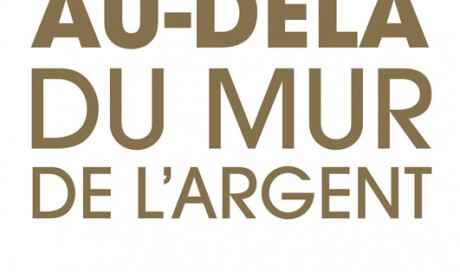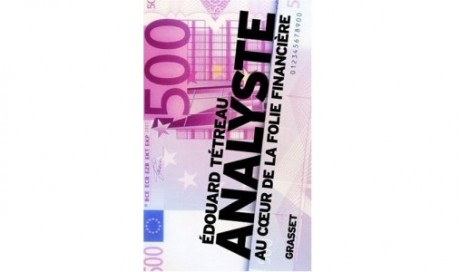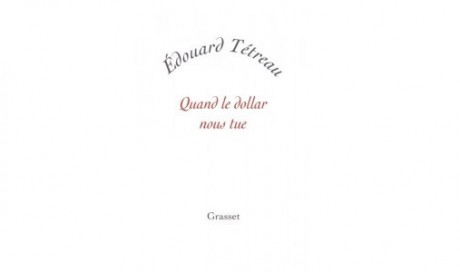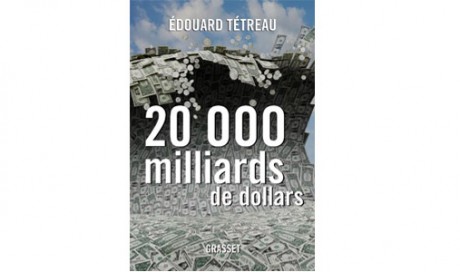- 77 Views
- 0 Comment
- No tags
Germany’s economic successes make it the natural leader for Europe. It has to henceforth assume its role on the political stage and its first task is to convince the ECB to promote a true European recovery.
While Angela Merkel carefully prepares her large coalition government, disregarding its main European partner, France, the time is right to return to the remarkable path of this country’s since the end of World War II. Cured of its imperialistic temptations, Germany split in two for nearly half a century, rediscovered its national unity in 1990 and an unopposed European leadership role this year.
Even the 2008 crisis, which could have imploded the German economic and financial model, notably because the German banking system weighed down by its exposure to “subprime” and high-opacity, was a great opportunity for Germany to progress. Today, the economic program of the future CDU-SPD large coalition which is likely to occur, resembles a catalog of the French Socialist Party’s broken and unfunded promises: establishment of a minimum wage; increase in wages; strengthening the pension and social security; equal pay between men and women; investment in infrastructure… all with a surplus budget forecast to 2017.
Deutschland über Alles in der Welt? (Germany above the rest of the world?) Germany is perhaps not above all the countries in the word. But actually, its success, not stolen, but is deserved by considerable efforts, allows it to dominate in all the European Union countries today. And that is its biggest challenge. Germany is the only country in Europe to know the quasi-full-employment of young people, a positive trade balance, to consider increases in wages and benefits, and have largely responsible pro-European political representation, , and de facto centrist. On the other hand, starting with France, we see: the rising of extreme right and extreme left parties; the challenge of the market economy, and soon democracy; unemployment affecting 35% for young people under 25 years old (average in the euro zone, excluding German).
In the coming weeks, Germany has two meetings that it should not miss if it wants to convince its partners that it does not engage in dangerous situations by itself, only selfishly concerned with its own national interests. This would fuel germanophobia throughout Europe, including Great Britain, where you cannot underestimate its resources.
The first meeting will take place tomorrow, in Frankfurt, the base of the ECB. If we needed to grade the ECB on its management of the 2008-2009 crisis, the result would be a zero. Or more precisely 0.7%. It is the level of inflation in the euro zone, reported in October. Largely due to Germany and its excessive fear of inflation, the ECB is in the process of sending the euro zone countries into a deflationary spiral. Always late to lower interest rates, timid in its government bond purchasing policies (the ECB’s balance sheet has only grown by 10% since 2008, when that of the Fed has multiplied by 5), the ECB has not taken any concrete actions at this stage: refinance more than 500 European banks for nothing (1,000 billion euros at 1% over three years), the banks not knowing what to do with the cash, have mostly returned it to the ECB or repaid it prematurely. France’s speech is primarily damaged and inaudible in Europe (permanent non-compliance with the Maastricht criteria, inability to enact structural reforms). It is thus Germany’s responsibility to weigh all of its legitimacy to force the ECB to fulfill its mandate tomorrow: that of an inflation rate close to 2%, to allow for a true European recovery. Otherwise, neither the mutual currency, nor the European Union, will resist a period of deflation on a continent with already 27 million unemployed and where the social services systems are no longer funded by deficits.
The second meeting is at least as important: it is the European Council gathering in December, which will be devoted to the European security and defence policy. There also, the adjectives fail to describe the unilateral French decision to dissolve last week- by warning our German partner only the day before – the 110th Infantry Regiment in the Franco-German brigade. In a decision motivated by penny-pinching, the French government is to threaten an important symbol of Franco-German relations and undermine the legitimacy that was established at a high price (Libya, Mali) to propose a major European defence initiative. Will Germany be capable of a strategic initiative in this area where it was far too absent until now?
Faced with the disintegration of the French administration’s political authority, on both sides of the Rhine, the only reasonable proposal this week is hope that Germany momentarily casts a blind eye to its French partner’s amateurism and drift, that we hope is only temporary, and finally assumes its leadership of Europe, not only for its own benefit, but for that of the entire EU. Otherwise, a century after the beginning of World War I, would we have to prepare for what I never dared write until now: the collapse of the euro and the return to a past Europe?
OUR RECENT
WORKS
-
20000 Milliards de…Book
Warning: Invalid argument supplied for foreach() in /home/edouardt/www/wp-content/themes/edtetreau/includes/part-portfolio.php on line 54
Warning: Invalid argument supplied for foreach() in /home/edouardt/www/wp-content/themes/edtetreau/includes/part-portfolio.php on line 54
Warning: Invalid argument supplied for foreach() in /home/edouardt/www/wp-content/themes/edtetreau/includes/part-portfolio.php on line 54


